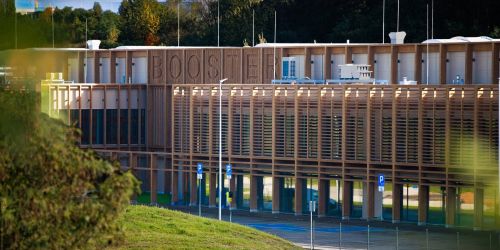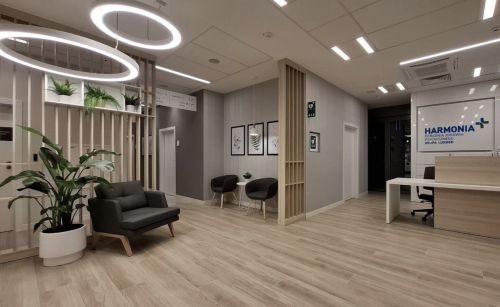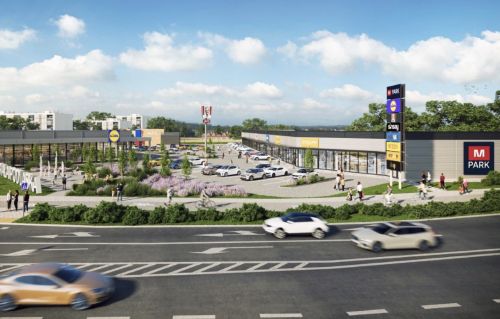The latest official figures reveal that the tourism sector of the economy contributed PLN 1.64 bln – or 6.4 pct – to Poland’s GDP in 2013. Out of this total, business meetings generate 1.9 pct of gross domestic product. The forecasts are that this year the number of people travelling on business will grow by 2 pct. A report detailing the most important facts related to business tourism in Poland was presented at the ‘Trends in Business Travel Management. Poland as a Place for International Meetings’ conference held by Orbis/Accor. Sana Consulting surveyed 350 people (150 travel managers and people directly involved in the reservation of accommodation for business trips, 100 travelling members of management boards and managers and 100 travel organisers). The data confirms that hotels and service providers for the industry should take the battle over business clients seriously, because the segment, even though it has only been growing slowly, can only becom


























































